Webinar: Why Ending Food Waste Should Be On the COP30 Agenda
Ahead of COP30, learn about the latest work happening around the world to mitigate against the enormous impact of food loss and waste on climate change.
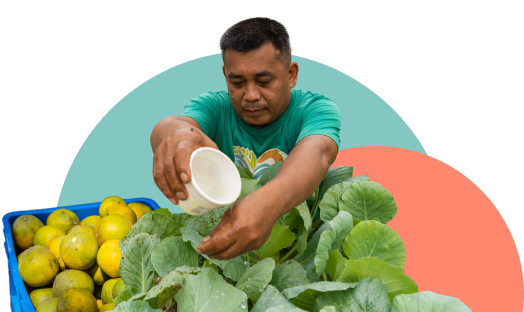

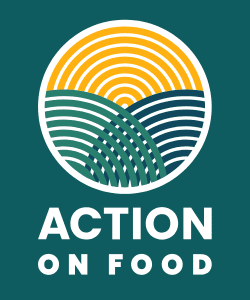 The link between food systems and climate change has never been clearer: to avoid the worst climate scenarios and ensure everyone is nourished, we must transform how food is produced, distributed and consumed. Recognition of food loss and waste (FLW) as a climate challenge has grown over recent COPs, but at COP30, the world needs stronger commitments and concrete action to reduce it.
The link between food systems and climate change has never been clearer: to avoid the worst climate scenarios and ensure everyone is nourished, we must transform how food is produced, distributed and consumed. Recognition of food loss and waste (FLW) as a climate challenge has grown over recent COPs, but at COP30, the world needs stronger commitments and concrete action to reduce it.
GFN is driving climate action in three ways:
The Challenges
The Opportunities
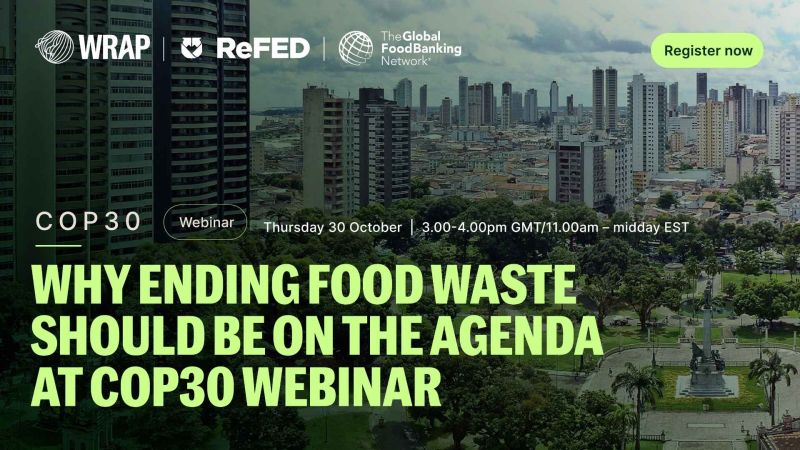
Ahead of COP30, learn about the latest work happening around the world to mitigate against the enormous impact of food loss and waste on climate change.
On Wednesday, November 12th at the Action on Food Hub, join us for a series of conversations dedicated to bringing attention to food loss and waste (FLW) and climate change, with special attention being paid to strategies, idea-sharing, and solutions.
Wednesday, 12 November, 9:30-10:30 a.m. Brasilia
This session will explore where we are seeing progress on the food loss and waste agenda at the international, national and subnational levels. It will include reflections on which countries are taking a lead role, including in their NDCs and national plans. Specifically, it will look at what needs to be done to accelerate action. How can we mobilize more financial support? What is the intersection of government action and the private sector? And, what are the opportunities beyond COP30 to make progress?
Speakers

Wednesday, 12 November, 10:45-11:45 a.m. Brasilia
This session will highlight 3-5 solutions that are already happening, drawing in representatives from different sectors, followed by a discussion around keys to progress (e.g., partnerships, funding and political support). Where are we seeing progress and real-world solutions on the food loss and waste agenda? What are the keys to moving these solutions forward? And, what more is needed to accelerate action?
Speakers

Wednesday, 12 November — 12:00-1:00 p.m. Brasilia
This session will be a hands-on working session, targeted largely to practitioners about how to turn ideas around food loss and waste (FLW) into real-world action. We will have presenters from different sectors highlight where we are seeing advances in FLW and “how” to do it, followed by breakout tables in 3-5 areas so people can workshop issues as they gain a deeper understanding of the issues.
Facilitator: Dana Gunders, President, ReFED

Check back to see where GFN’s CEO Lisa Lua and Senior Director of Strategy and Innovation Ana Catalina Suarez Pena will be speaking or moderating sessions at COP30.
Around the world, solutions to reduce food loss and waste are already in action — and with more support from governments, businesses and NGO partners they can do so much more.
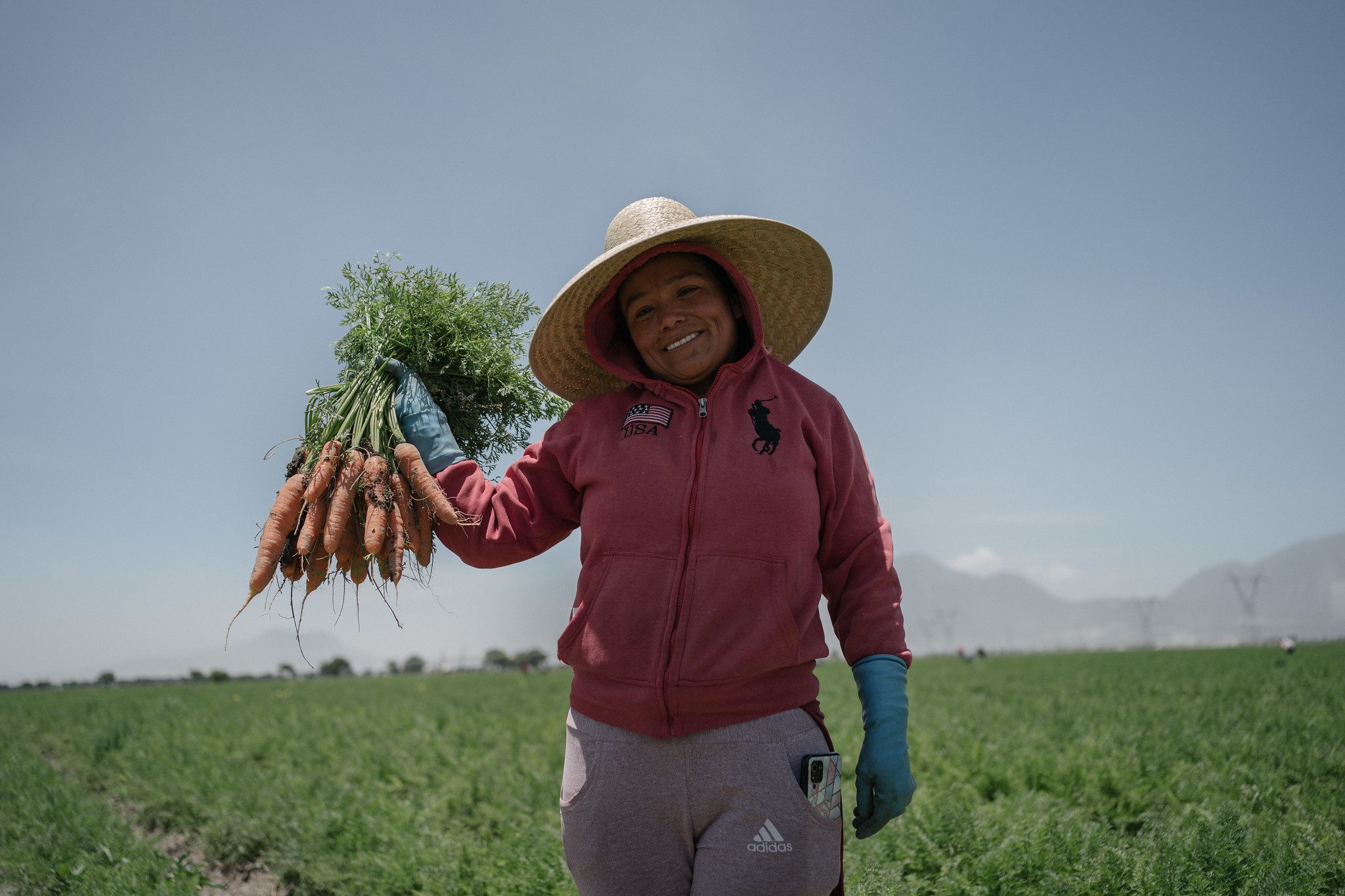
Em 2023, por meio de um investimento significativo do Global Methane Hub, a GFN começou a desenvolver uma metodologia para quantificar e rastrear, em tempo real, as emissões de metano evitadas pela recuperação de alimentos por bancos de alimentos.
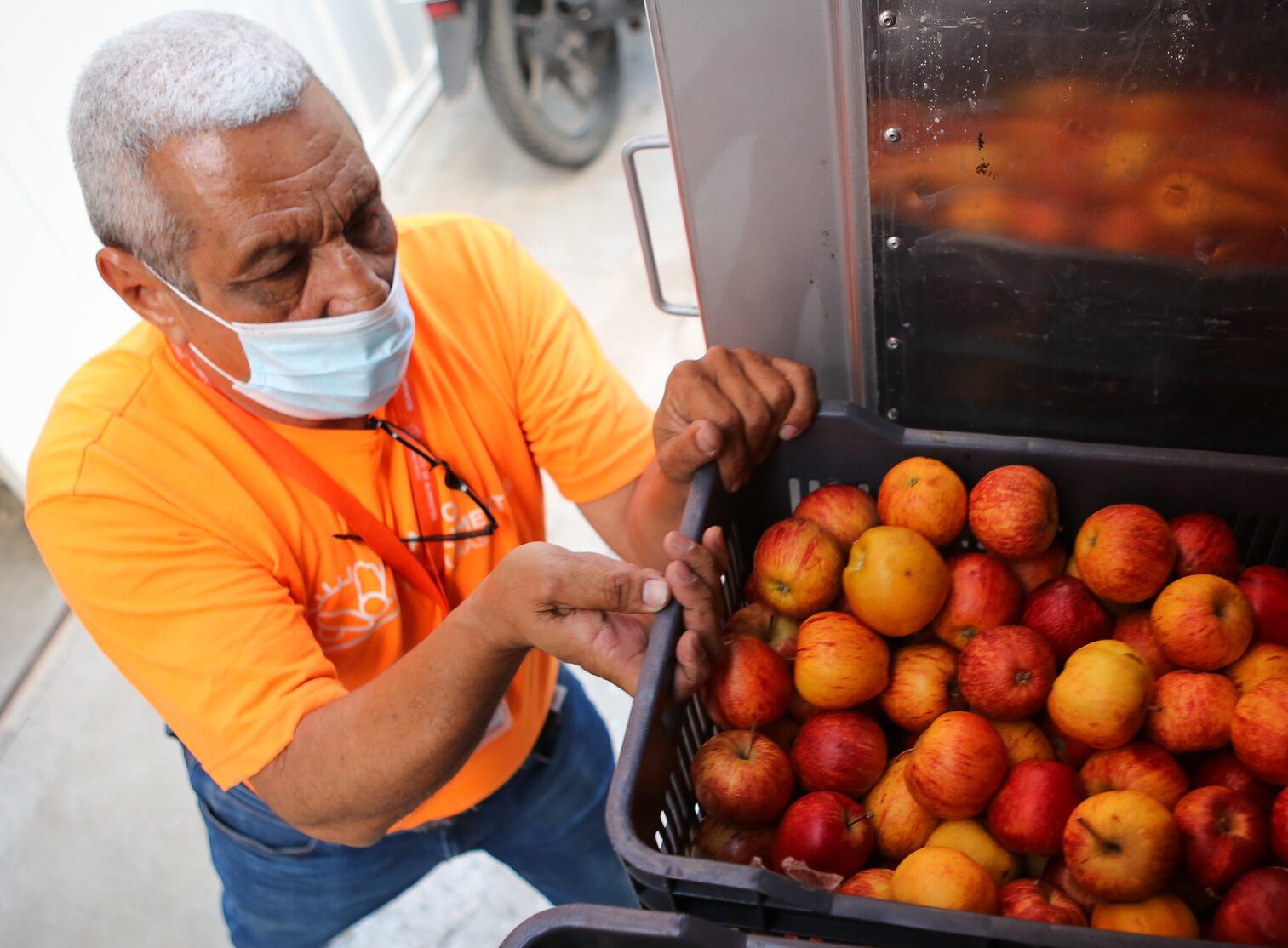
Leis confusas e lacunas nos quadros jurídicos podem inibir a recuperação de alimentos. Explore nossa pesquisa, recomendações e melhores práticas sobre políticas de doação de alimentos por meio do Atlas interativo de Políticas Globais de Doação de Alimentos.
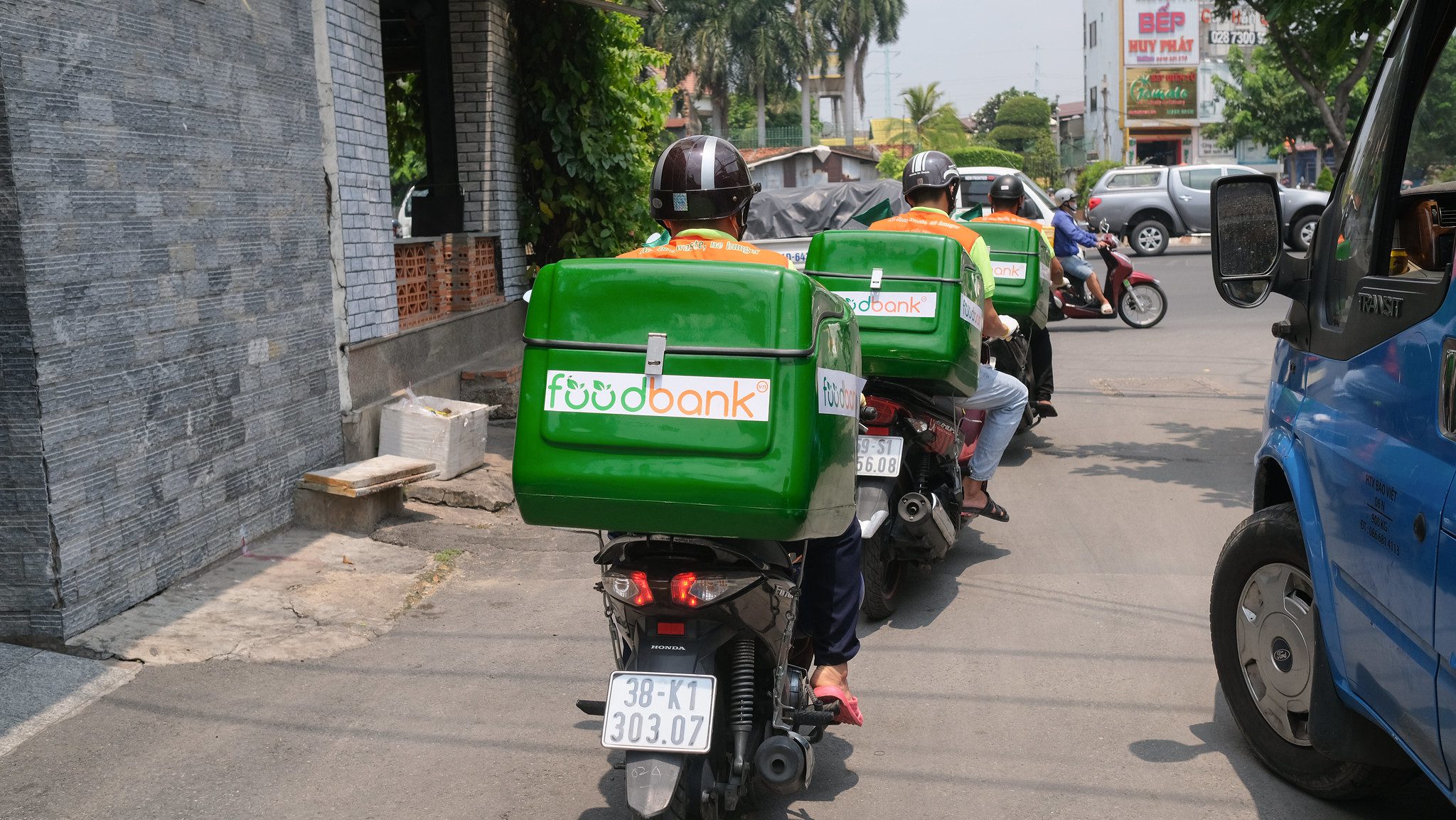
O banco virtual de alimentos permite que as empresas com excedentes de alimentos forneçam rapidamente esses alimentos diretamente às pessoas que enfrentam fome ou às agências comunitárias que distribuem alimentos.
Follow along with GFN at COP30 on our social channels and through our newsletter.